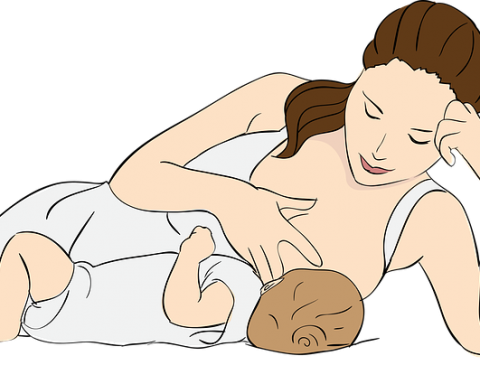Consequences are the results of a given behavior. In positive parenting, consequences are the pillars that motivate and promote desirable behavior. They act as guidelines that govern the entire process of child-rearing.
Consequences affect every stage and milestone of the parenting process and should be positive reminders of the parents’ behavioral expectations for their children. According to this article, it is entirely the parents’ responsibility to use effective measures to determine consequences that will make the process fruitful and worthwhile.
The Importance of Consequences in Positive Parenting
Consequences in positive parenting are important because they establish good behavior and eliminate bad behavior.
Much like positive reinforcement, positive consequences involve praise, rewards, and emotional attention and operate under the assumption that children are more likely to repeat behaviors for which they are praised. Thus, positive consequences strive to encourage good behavior.
On the other hand, negative consequences are meant to discourage bad behavior. If a child does something wrong and a parent wishes to put a stop to it, the parent may punish the child by spanking the child, warning the child, or even withdrawing the child’s privileges so that the behavior will not be repeated.
Consequences remind children how to behave. Without consequences, children tend to become unruly and spoiled and may end up making bad decisions that negatively impact their growth in the long run.
Ways to Enforce Consequences
First, note that consequences need to be consistently applied in order to be effective. Below are some examples of ways to enforce consequences.
- Natural consequences. Natural consequences happen when children do not heed warnings. For instance, if a child is reckless, a parent warns the child to settle down to avoid breaking his or her toys. If the child does not listen, the toys will break, and the child has nothing to play with. The child will hopefully not repeat the same mistake once he or she knows the consequences of being reckless.
- Reward. For example, if a child does well in school, the parent might buy him or her a new toy. Thus, the child may repeat the behavior because the behavior was rewarded. If the child’s performance drops, the child will be motivated to improve because of the positive consequences associated with good performance.
- Praising. Clapping, hugging, and praising a child for good deeds are positive consequences that encourage children to repeat the same behaviors.
- Attention. Giving a child attention and acknowledgment positively reinforces good behavior. The reverse is true for discouraging undesirable behavior.
Research says that positive parenting cannot operate without consequences in place because children will not know what to do or not to do without them. Ultimately, consequences are guidelines. In order for parenting to be effective, consequences must be enforced correctly and repeatedly.

References
- Eisenberg, Nancy, Qing Zhou, Tracy L. Spinrad, Carlos Valiente, Richard A. Fabes, and Jeffrey Liew. “Relations among Positive Parenting, Children’s Effortful Control, and Externalizing Problems: A Three‐Wave Longitudinal Study.” Child Development 76, no. 5 (2005): 1055–1071. Retrieved from https://onlinelibrary.wiley.com
- Schofield T.J., Conger R.D., Neppl T.K. “Positive Parenting, Beliefs about Parental Efficacy, and Active Coping: Three Sources of Intergenerational Resilience.” Journal of Family Psychology 28, no. 6 (2014):973–978. doi:10.1037/fam0000024. Retrieved from https://www.ncbi.nlm.nih.gov












